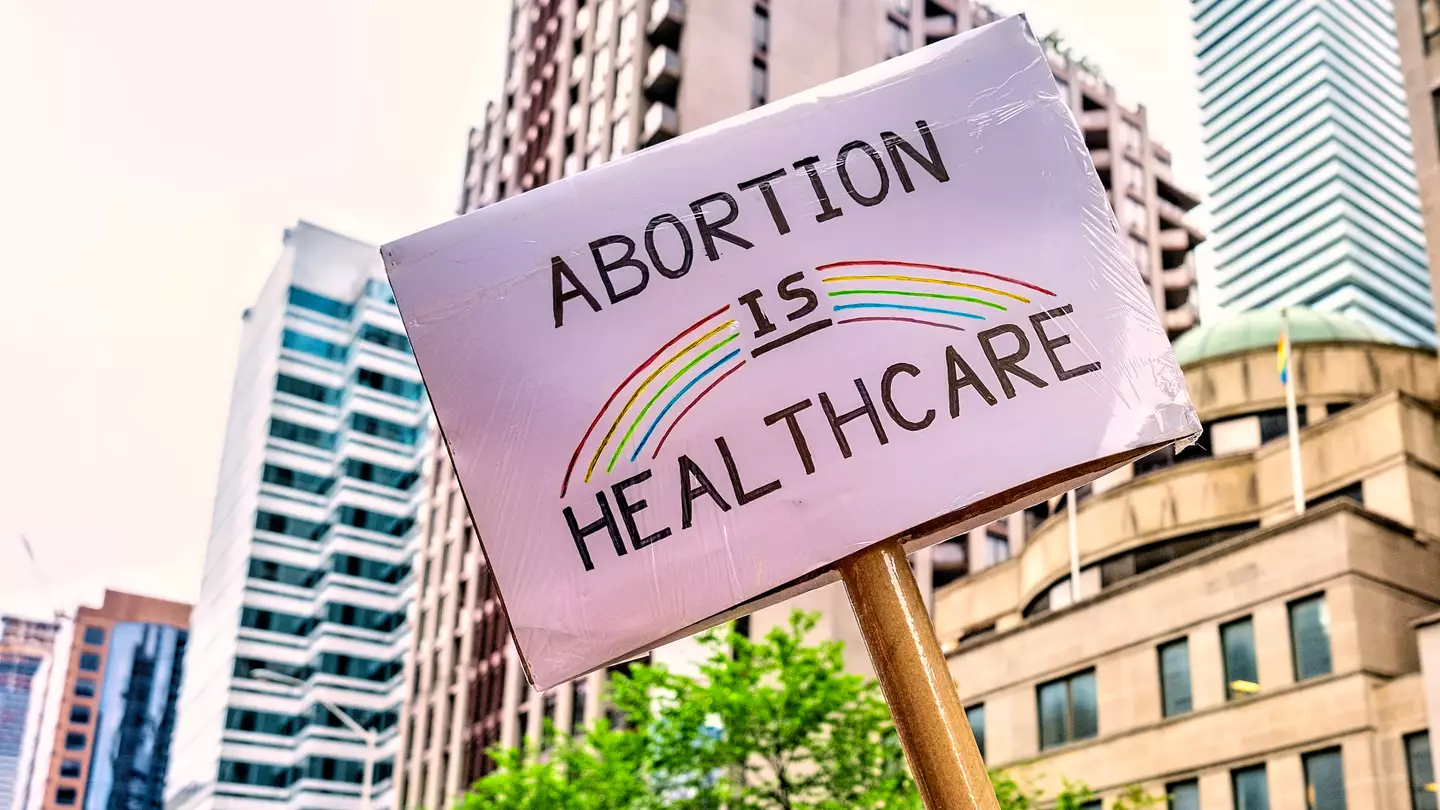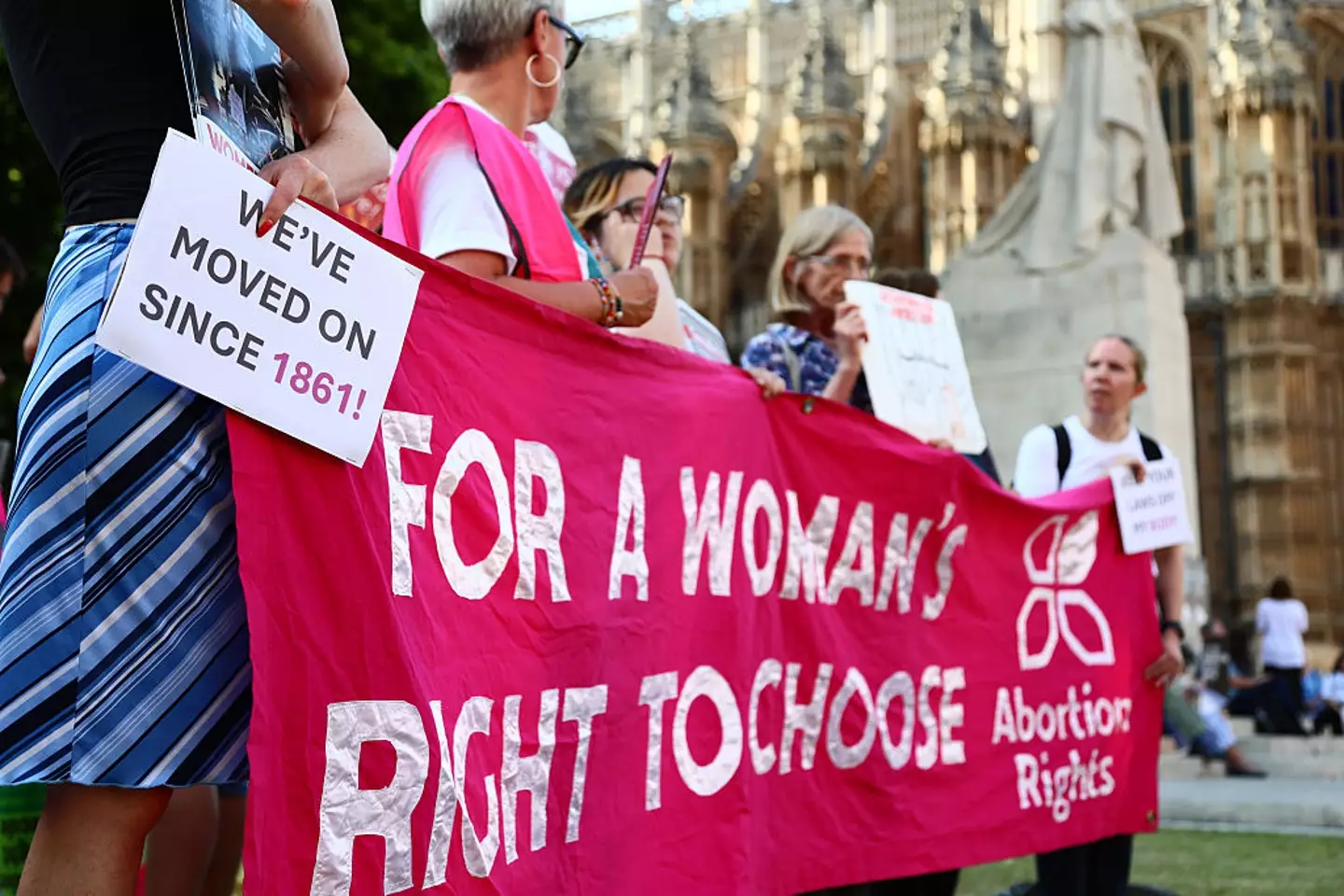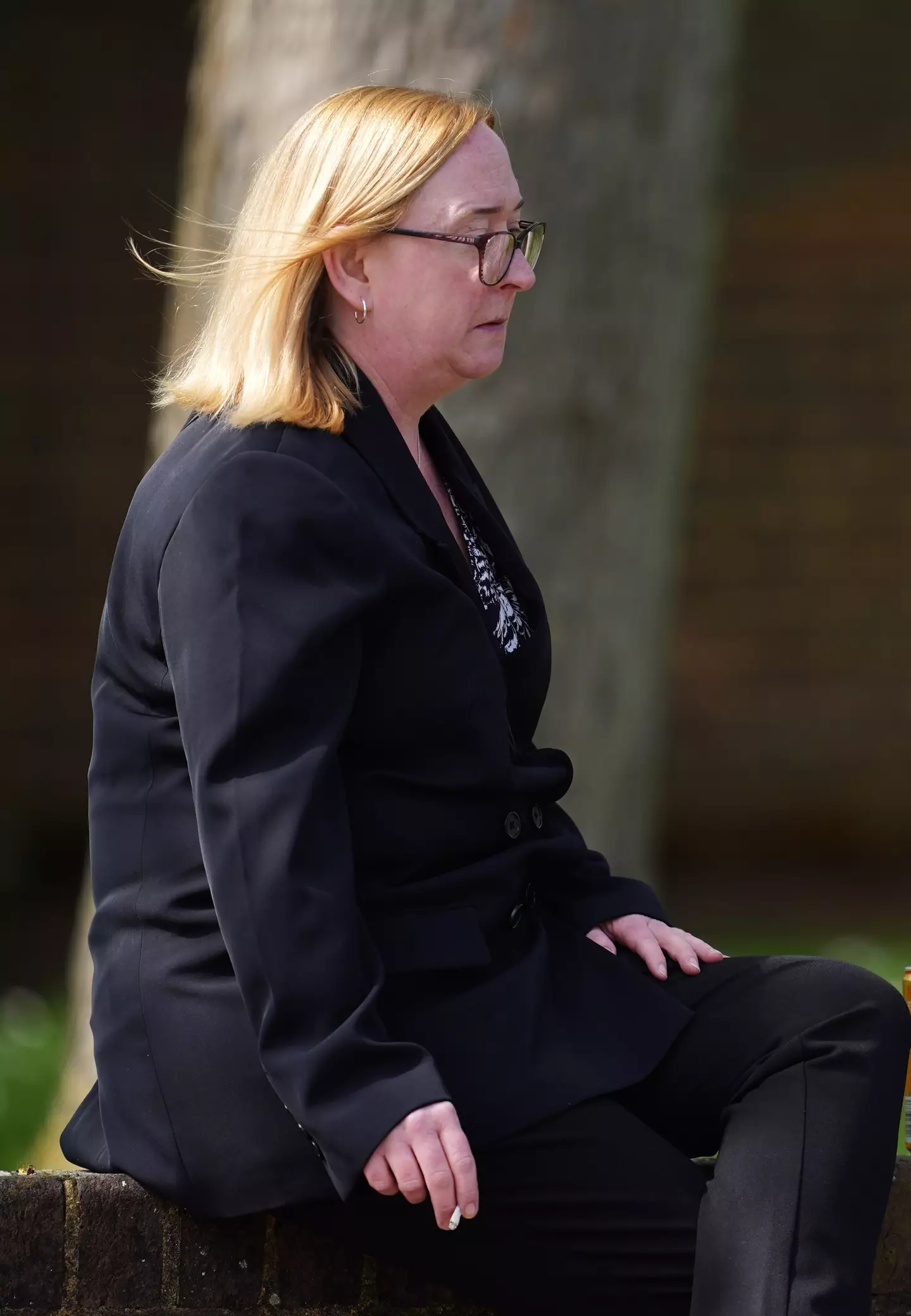
MPs have voted to decriminalise abortion in the UK, marking the biggest overhaul to British abortion law in 50 years.
The law change, which now means no woman can face charges for terminating their own pregnancy, was debated in the House of Commons on Tuesday (17 June).
379 voted in favour, 139 against.
It comes after Labour MPs Tonia Antoniazzi and Stella Creasy tabled different amendments to the Crime and Policing Bill - but only one could be voted on.
Advert
Antoniazzi's amendment was supported.
MPs were allowed a free vote, which means they could choose how to vote based on their own beliefs rather than having to vote along party lines.

The new law means that women won't be prosecuted, imprisoned, or investigated for terminating their own pregnancies. However, the rules remain the same for medical professionals and violent partners who end a pregnancy outside of the already existing laws, meaning they can still be punished.
Before this huge overhaul, terminating a pregnancy was only legally allowed after the usual time limit of 24 weeks if there was evidence of severe foetal anomaly or a significant risk to the woman's life.
And even when someone would be within the time limit, they would still needed two doctors to sign it off before any procedure can take place.
Controversially, before today's vote, police could seize women's phones and view their period tracking apps while investigating unexpected pregnancy losses.
This was to 'establish a woman’s knowledge and intention in relation to the pregnancy', while women's houses could be searched for abortion drugs.
As per the BBC, Antoniazzi said of her amendment: "The reality is that no woman wakes up 24 weeks pregnant or more and suddenly decides to end their own pregnancy outside a hospital or clinic.
"But some women, in desperate circumstances, make choices that many of us would struggle to understand. What they need is compassion and care, not the threat of criminal prosecution."

She added that the investigations are 'dehumanising and prolonged and the women forced to endure them are often extraordinarily vulnerable' and argued that it led to women who were victims of domestic violence, sexual abuse and human trafficking being investigated.
It's estimated that more than 100 women have been prosecuted for having an abortion in the last five years.
Most recently, Nicola Packer was acquitted after she took abortion medication 24 weeks into her pregnancy. She said she was not aware she was more than 10 weeks pregnant.
She said: "If I had known I was that far along I wouldn't have done it. I wouldn't have put the baby or myself through it."
At the time, The Royal College of Obstetricians and Gynaecologists said the fact Packer was taken to court showed that the laws surrounding abortion were 'outdated and harmful'.